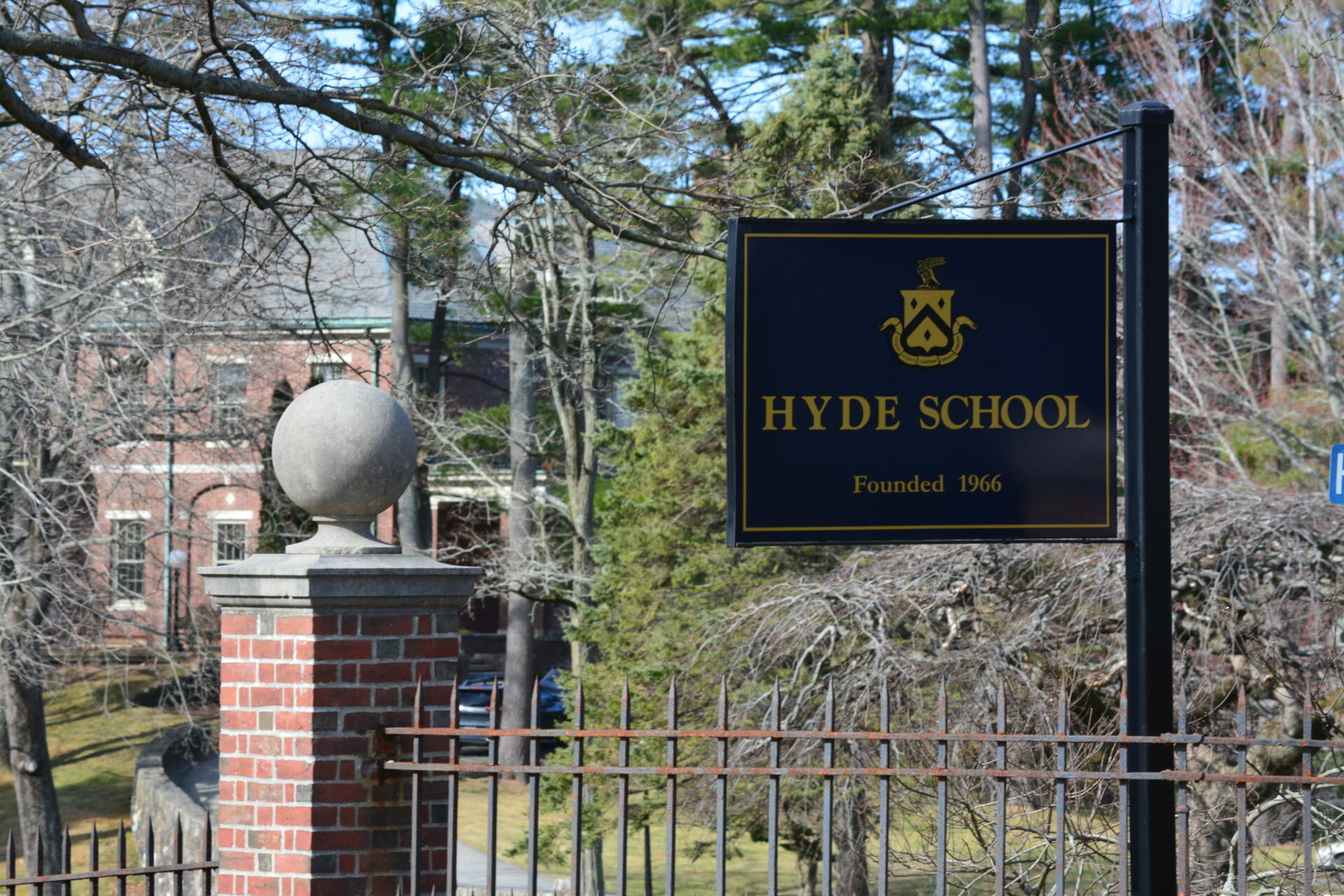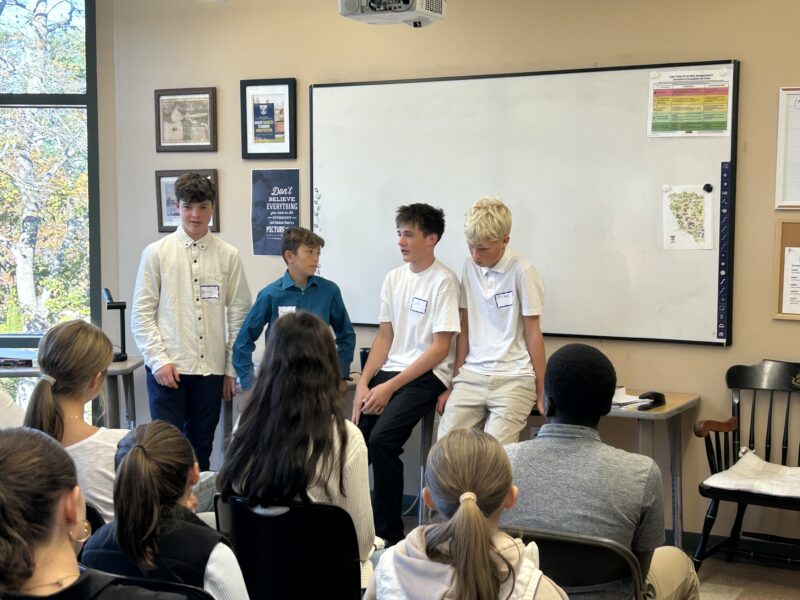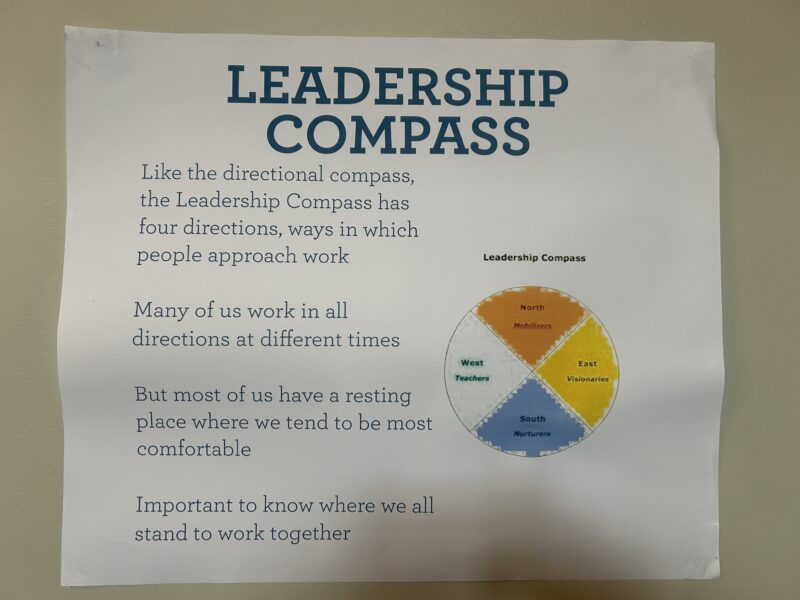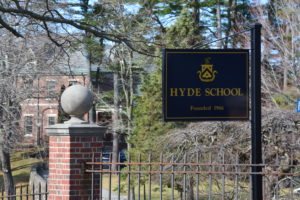
Timeless Question: “What kind of kids go to Hyde? How do I know if Hyde is right for my child?”
As a Hyde long-timer – since the 1960s – here are 10 observations in response.
1. Hyde parents tend to believe that their son or daughter holds a capacity for a level of personal best that is neither expected nor respected in his or her current school setting.
2. A majority of Hyde families arrive at our door with feelings of frustration toward their teenager and/or a sense of desperation regarding their parenting. We have observed that only a minority of families fitting this description are the right match for Hyde.
3. This “right match” minority tends to be comprised of parents seeking a character-based solution to their child’s issues… as opposed to a psychological- or therapeutic-based solution. Of course, it is a “process” more than a “solution” but, truth be told, at point of entry, most Hyde parents are thinking “solution” more than “process.” Those who remain focused on “solution” tend to be short-timers.
4. In the admissions interview, I sometimes say to parents, “Pick One:
a. This child you have brought to this interview is the main problem in your family.
b. There are some issues in your family that need to be addressed and the troubling behavior you are seeing in this child is a manifestation of those issues.”
Hyde is a better fit with those who answer “b.” We did not invent this way of thinking. (See Family Systems Theory.)
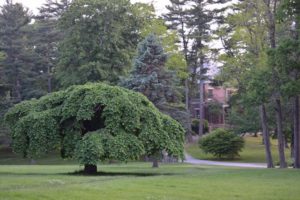
5. Hyde parents aspire to raise children committed to principles and purpose. They typically have experienced some history with unsuccessful attempts to apply conventional methods designed to counter the feelings in Observation #2. As their teenager veers ever further away from coveted family principles, there is a sense that it is time for something new and unique.
6. True Story – Historically, a third of Hyde’s students have been referred to us by professional educational counselors. A few years back, I had a conversation with one who has sent scores of students to Hyde. (Note: At risk of understatement, he would be the hands-down winner if we ever gave an award to the counselor who has referred the most kids to Hyde.) At one point, he frankly offered, “Two things have to be true for me to send a kid to Hyde. First, he/she has to be bright because you guys are always challenging your kids to apply these esoteric concepts and principles to themselves and they need to be comfortable with that expectation. Second, the kid has to have been ‘on-track’ at some point in the past. When I’m working with a kid who has never been on track, I normally do not recommend Hyde.”… My response: “I have observed exceptions on both fronts, but… point taken.”
7. While most Hyde parents arrive primarily motivated to help their teenager, they are willing to make a commitment to participate in a program of personal and family growth. The more committed they are to their own personal growth, the better.

8. Conventional wisdom concerning student assessment has long focused first on how bright a student is believed to be and then moves to a rating of how enthusiastically he/she is applying him-/herself. Hyde focuses first on how enthusiastically students are applying themselves and then moves to assessing “brightness” as a secondary issue. This reversal of priorities is attractive to Hyde families.
9. Q: How does Hyde differ from a traditional prep school? A: Traditional prep schools place their primary emphasis on a rigorous college-preparatory program and assume that character development will be a residual outcome of the overall experience. Hyde places its primary emphasis on a rigorous program of character development and assumes that positive college placement will be a residual outcome of that overall experience.
10. Q: How does Hyde differ from a therapeutic school? A: Therapeutic schools seek to remedy a particular deficit, typically a psychological or cognitive diagnosis, with the belief that once the problem is remedied, the individual will then resume life in the mainstream. Hyde seeks to build upon a student’s strengths with the belief that a wholistic way-of-life is the key to helping students manage or resolve life’s current and future problems.
Onward, Malcolm Gauld
